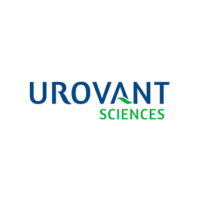
Closely-held Urovant Sciences licensed from Ion Channel Innovations global rights for an investigational gene therapy, hMaxi-K, for patients with overactive bladder (OAB) symptoms, who have failed oral pharmacologic therapy.
There are no currently available FDA-approved gene therapy treatments for overactive bladder.
hMaxi-K has been evaluated in two Phase 1 studies in OAB patients, including a small, double-blind, placebo-controlled Phase 1b clinical trial as an intravesical injection in women with overactive bladder symptoms.
Clinical results of the Phase 1b trial, which included 13 patients, indicated dose-dependent improvements in urinary urgency and frequency, achieving statistical significance in the high dose cohort.
“We are eager to study the potential of hMaxi-K as an alternative therapy for OAB patients who are not getting adequate relief from other therapies,” Keith Katkin, president and CEO of Urovant, said in a statement. “Urovant also has access to gene therapy expertise through the Roivant family of companies.”
Urovant plans to meet with the FDA and initiate a Phase 2 clinical study in 2019 to investigate hMaxi-K as a novel treatment for OAB patients, who have not responded to other pharmacological therapies.
Earlier this year, Urovant initiated a Phase 3 clinical trial program for vibegron, an investigational oral beta 3-adrenergic agonist being studied as a second-line treatment in adults with symptoms of OAB. Urovant expects to report top-line results for the Phase 3 trial of vibegron next year.






